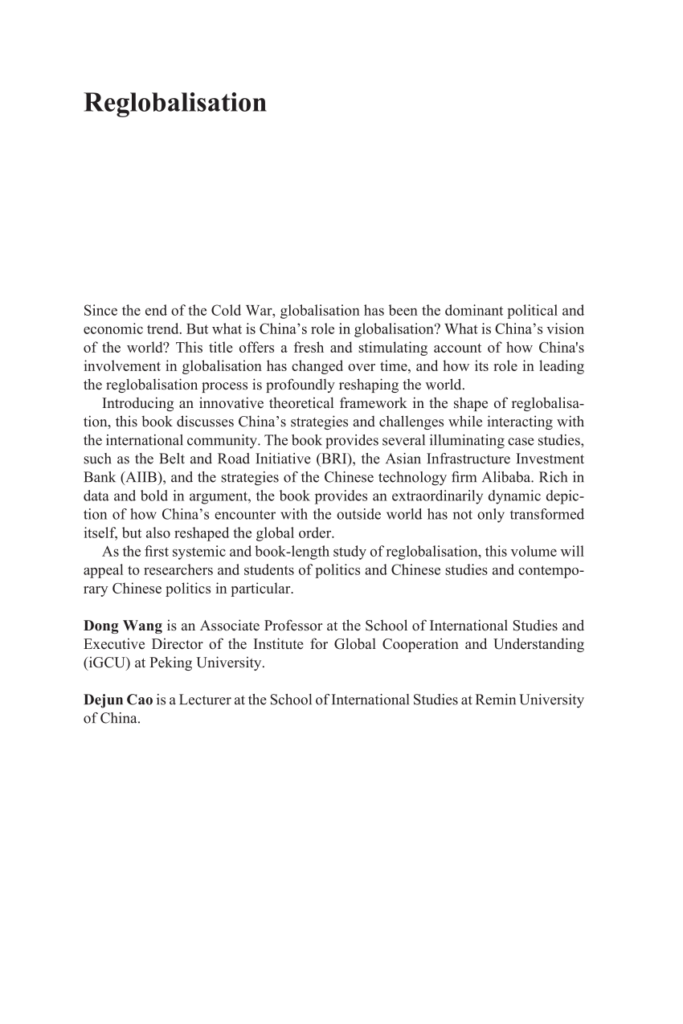By Prabhat Patnaik
Many economists these days talk of a process of “deglobalisation” taking place; some others talk of the neoliberal regime of yesteryears no longer existing. Of course, nothing remains the same forever: as the Greek philosopher Heraclitus had said “You cannot step into the same river twice”; some change in the neoliberal order therefore is inevitable with the passage of time. But the real point is: has the analytical frame used for understanding the economic reality of the contemporary world, with a view to changing it, become obsolete and hence in need of serious revision?
“Globalisation”, it must be remembered, never meant different countries of the world coming together voluntarily to set up a global order that would be mutually beneficial. Nearly 50 countries of the world today are at the receiving end of “sanctions” of various kinds; they are forcibly prevented from accessing essential goods, including in some cases life-saving medicines, from the global market. And the number was not much less a decade ago when “globalisation” was universally recognised as being in full swing.
“Globalisation” thus always meant something quite different from what is commonly ascribed to it. It meant the coming into being of a phase of capitalism where capital, including above all finance, had become globalised by opening up economies for its unrestricted movement; it had thereby curbed the capacity of the nation-state to intervene in ways that finance did not approve; and this globalised capital had enjoyed the backing, in its global operations, of metropolitan states above all, and of other states by default. These metropolitan states, notably the US, decided on which countries sanctions were to be imposed, with the others falling in line.
“Globalisation” thus represented a reimposition of western imperialist hegemony on the world as a whole, excluding the socialist countries, but including countries which had been decolonised around the middle of the twentieth century and had adopted, even while promoting capitalist development, various kinds of dirigiste strategies; it meant in other words the breaking down of any relative autonomy vis-à-vis imperialism within the non-socialist third world. As a complement to the unrestricted mobility of capital, “globalisation “had also meant relatively unrestricted movement of goods and services across country borders (barring of course the countries that faced “sanctions”).
What happened during this period of “globalisation” was that new economic powers emerged, by whom the western imperialist powers felt threatened. These included Russia which inherited the massive production base built up by the Soviet Union and which the western powers thought they had subjugated, until there was a reassertion of its strength after Boris Yeltsin left office; and China, which, while relating to “globalisation” on its own terms rather than those dictated by the western powers, witnessed rapid rates of growth because, among other factors, of the market access it enjoyed in the metropolitan capitalist world.
Now, Russia has come under “sanctions” after the Ukraine War; and the trade of the western world with China has declined to an extent, because of the latter’s deliberate political effort to scale it down. Such an effort in the case of the US has been motivated by several factors, from protecting domestic jobs (even though a good deal of imports from China by the US is produced there by US direct foreign investment) to a strong desire not to be too dependent on it; in the case of other metropolitan countries there is the additional factor of US pressure. Of these factors however the desire not to be too dependent on China has been the far more decisive one.
US concern over rapidly-growing imports from China began in the era of George Bush Jr. who tried to persuade the Chinese to appreciate the exchange rate of the yuan vis-à-vis the dollar; it continued under Obama who penalized US firms relocating production abroad. But it was Donald Trump who imposed tariffs to protect domestic production against imports from abroad; China was the major target of these tariffs.
Two examples underscore the overwhelmingly political motivation behind the western scaling down of trade with China. The European Union has proposed a rule that solar panels which are to be used for the decarbonisation of Europe should not be imported from any country that has more than 65 per cent of the market share; this rule is meant solely to exclude China which has 85 per cent of the market because of the extremely low price of the panels it supplies. Europe in short is willing to pay a much higher price for solar panels just to keep China out, which is a decision motivated entirely by geo-political considerations.
Likewise, the Biden administration’s ban on semiconductor exports to China, which is imposed against corporate wishes within the US itself, and which poses a major threat to the high-tech industries in China, including military technology and artificial intelligence, is motivated exclusively by geopolitical considerations, the sheer desire to keep China economically and technologically crippled. In other words, even though there are no explicit sanctions against China at the moment, what we are seeing nonetheless is an implicit imposition of sanctions, either in preparation for a time in future when there would be explicit sanctions or out of a sheer desire to cripple China.
What is called “de-globalisation” refers in effect to this entire new tendency of the western powers to discriminate against China, their desire not to become too dependent on China. The effort essentially is to diversify trade relations away from China to other countries, even though such diversification turns out to be more expensive; the recent decline in the magnitude of US trade with China is a consequence of this. It is as if China is being added to the list of countries that are subject to western sanctions.
Interestingly there has been no actual decline in macro-level parameters like the ratio of total world imports to world GDP which some economists have used as proxies for measuring the extent of “globalisation”. What they find through such measures is a slowing down of the progress of “globalisation” but not its reversal.
As we mentioned earlier, however, “globalisation” in our perception refers not so much to the phenomenon of countries becoming more dependent on one another; it refers essentially to a relationship of power. This power is exercised as much through the “sanctions” imposed against specific countries as through the drawing in of countries to the vortex of “globalisation”. The exercise of this power is the hallmark of imperialism. “Sanctions” are as much a symptom of the ruthlessness of imperialism as is “globalisation” entailing the hegemony of globalised capital. Put differently, the so-called “deglobalisation” is not a negation of “globalisation” but a complement to it.
Globalised capital comes overwhelmingly from the metropolis and is enmeshed with the operation of metropolitan states. The hegemony of globalised capital therefore is ipso facto the hegemony of metropolitan states, exercised over the people of the world, and especially over the people of the third world. “Globalisation”, which may have the support of the big bourgeoisie of the third world and even of the upper segments of the salariat and the professional classes, necessarily entails the suppression of third world workers, peasants and petty producers.
The praxis for overcoming their thraldom is no different today from what it was a decade ago. Any improvement in the condition of the working people requires State intervention; for this, the State must have the elbowroom to intervene without being cramped by the fear of capital flight. But as long as the country remains trapped within the vortex of unrestricted capital flows, the State cannot acquire this elbowroom. Control over capital flows therefore becomes necessary for any progressive State intervention.
Put differently, an improvement in the material condition of the people requires not just a change in the nature of the State, namely, its being based on the support of workers and peasants; it requires in addition a delinking from the universe of unrestricted capital flows. The support of the working people alone is not enough; control over capital flows is also essential if a set of pro-people policies is to be followed, though such control may well attract imperialist “sanctions”.
This remains as true today as it was a decade ago. The so-called “deglobalisation” that some economists are talking about makes not an iota of difference to this absolute need to confront the hegemony of globalised capital, behind which stand the phalanx of metropolitan States. (IPA Service)
Courtesy: People’s Democracy




 Modi Govt Is Planning To Make Sedition Law Stricter Before 2024 Polls
Modi Govt Is Planning To Make Sedition Law Stricter Before 2024 Polls 